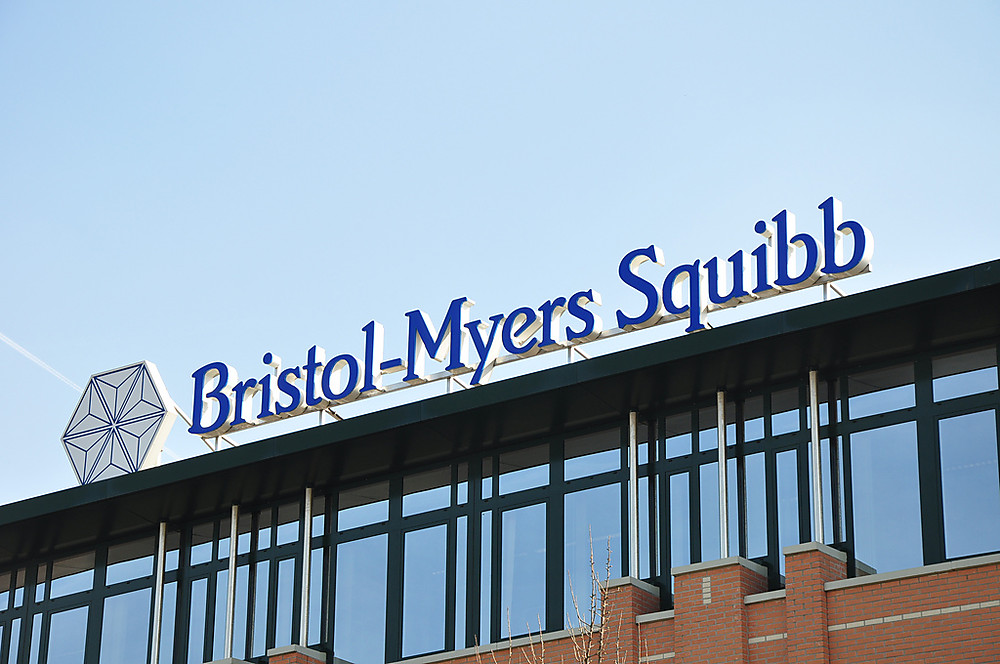
The research data confirm that Bristol-Myers Squibb has a chance to create the first drug on the market for the treatment of progressive lung fibrosis, as reported by the website Pharmaphorum.com.
BMS has been researching LPA1 as a targeted therapy for fibrotic diseases for several years and earlier this year announced the inclusion of BMS-986278 in a phase three program for treating patients with idiopathic pulmonary fibrosis (IPF). The prognosis for patients from the time of diagnosis is three to five years.
Research data show that 26 weeks of using a 60 mg LPA1 antagonist, taken twice a day by patients, resulted in a 69% reduction in the rate of decline in forced vital capacity of the lungs compared to patients who received a placebo.
It’s important to note that 38% of patients in the study were already receiving background antifibrotic therapy, such as Roche’s Esbriet (pirfenidone) and Boehringer Ingelheim’s Ofev (nintedanib), which suggests that BMS-986278 potentially may be used for patients with IPF.
One of the study participants, Professor Tamera Korte from the Royal Prince Alfred Hospital in Australia, stated that the results “highlight the potential of BMS-986278 and underscore achievements in this field as researchers strive to establish a potentially new standard of medical care.”
Roche’s Esbriet (pirfenidone) and Boehringer Ingelheim’s Ofev (nintedanib) have become blockbusters in the treatment of idiopathic pulmonary fibrosis, although sales of the former have started to decline due to competition from generics. Ofev retains its patent until 2029, and last year’s sales amounted to $3.4 billion.



